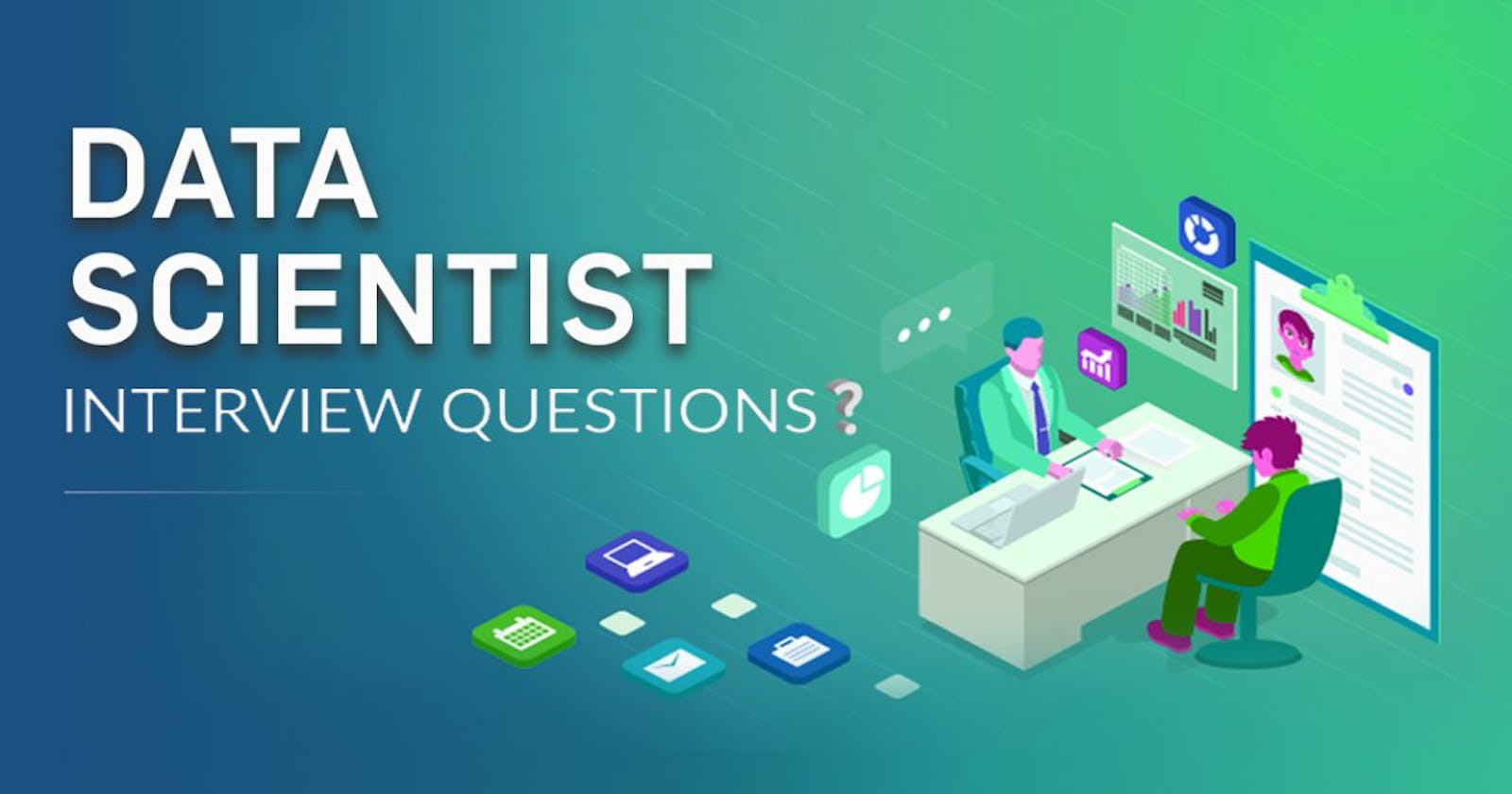Businesses are quickly beginning to realize the importance of data and the need to analyze, consolidate, and contextualize the vast amount of information they’re gathering. To meet this need, they rely on data scientists.
The Harvard Business Review named data science the “Sexiest Job of the 21st Century”, and IBM estimates the demand for this role to grow 28% by 2020.
While the demand for data scientists keeps on increasing, there is a serious lack of qualified professionals worldwide.
If you’ve decided to go down this path, you need to be well prepared to impress potential recruiters with your skills and knowledge. Besides showing your understanding of why data science is important, you need to exhibit your technical skills related to frameworks, applications, and big data concepts.
In this article, you'll learn how to tackle behavioral and technical questions, and ultimately breeze through even the most intense data science interview.
Data Science Interview Questions
I have an interview tomorrow. I have so many mixed emotions. I am confident in my knowledge, but I’m still nervous.
If this is how you feel before an interview, you’re not alone. No matter how many interviews you’ve attended in your lifetime, or how experienced you are, an upcoming interview tends to have that effect.
But don’t worry, we have your back. The following is a comprehensive guide on how to ace your data science interview.
How to Prepare for a Data Science Interview
Step 1: Analyze The Job Description
You know the job title, but have you looked into the exact requirements of that particular data scientist role? Go through the job description, analyze it, and ensure that you’re a good fit. Learn about the daily responsibilities and ask yourself if you’re ready for that. See if the company culture matches what you’re looking for. Make sure that the job description actually interests you before applying.
Step 2: Research The Company
Reading the ‘about us’ page on the company website is not enough. Thoroughly research the company’s background, its processes, and its services. To do this you may Google the company’s name, check its Facebook page and Twitter feed, connect with its former and current employees on LinkedIn, and take note of their feedback. Make sure that the company's work ethics and culture resonate with your expectations.
Step 3: Know Your Interviewers
This isn’t always an option, but there’s a fairly good chance that your interviewer is on LinkedIn. You can use LinkedIn as an opportunity to get an insight into their background, interests, and skills. This will help you understand how to connect with them better, all while also demonstrating your data science expertise.
Step 4: Don’t Be Afraid to Brag
You have a number of strong qualities that make you a talented data scientist. But which qualities of yours will be useful for the position? It’s important to ‘toot your own horn’ but keep it relevant to the job profile. Make sure that you’re aware of your strengths before going into the interview.
Step 5: Show Off Those Skills
Even though you’ve highlighted all your data science degrees and certifications on your resume, it might not be enough to prove your competence. Tangible evidence of your accomplishments will be beneficial to have. List some data science projects (roughly 3-5 projects) you’ve undertaken and build a portfolio. You can also add projects that demonstrate skills relevant to the job profile like a Python or R project.
Once you have all of this information, you’ll be able to easily show your interviewers what you’ve done without stress.
Step 6: Prepare for Common Interview Questions
We say ‘common’ because we don’t know exactly what you’ll be asked in your interview. But by understanding how to answer these common questions, you’ll be more prepared to answer variations of them when they come up.
We have compiled a list of 20 interview questions. The first 8 are behavioral questions, while the rest are technical questions based on data science.
Technical Interview Questions
Behavioral questions test your soft skills, while technical questions determine if you have the required technical knowledge for the job. They’re pretty straightforward. If you’re interviewing for a data science job, technical questions will be about the fundamentals of data science and programming concepts (like Python and R).
You can expect to be asked the following questions:
- Do you think data size is a parameter to be considered in a data science project?
- For importing data in Python and R, which package will you use?
- Can you write a program in Python or R to build a custom function?
- How would you differentiate between SELECT and UPDATE queries? Can you show us an example?
- Do you know what an API is? Can you explain that to us?
- What are JSON and XML? How do they differ?
- Can you name a graph? Can you write a program in Python to build a graph?
- Do you know what an RDBMS is? Can you give us some examples?
- What is Linear Regression?
- Why is preprocessing necessary in data science?
- What is missing value imputation? How can you handle them in R or Python?
There’s a structure designed to answer questions like these, which will help you tackle behavior questions. This structure or method is known as the STAR method. S in STAR stands for situation, T for task, A for action or approach, and R for result.
By understanding how to answer all of these questions using the STAR method, you’ll be more than prepared to ace your interview. More preparation means less stress, which will allow you to enjoy the interview process instead of dreading it.
